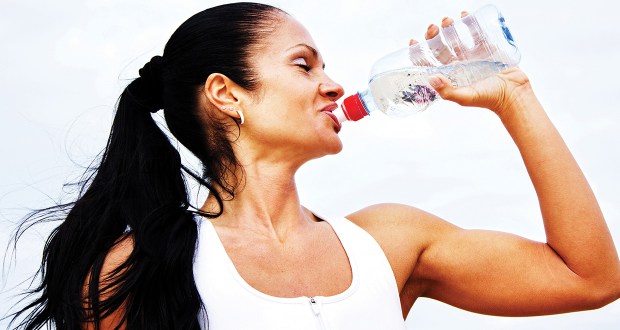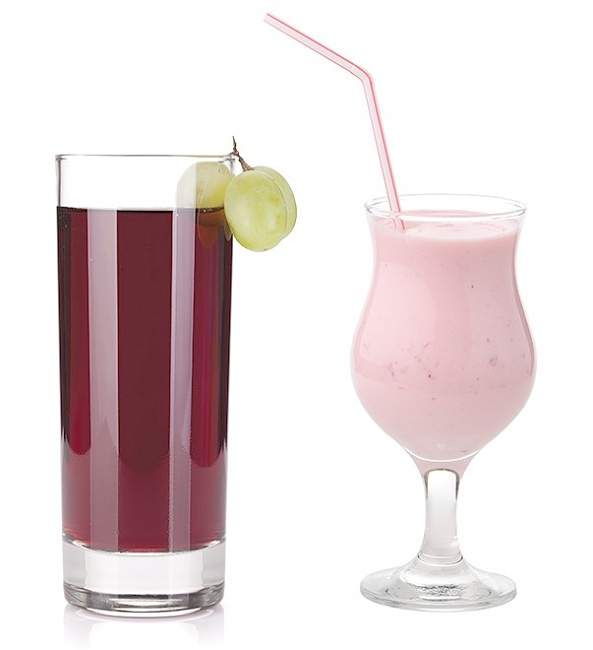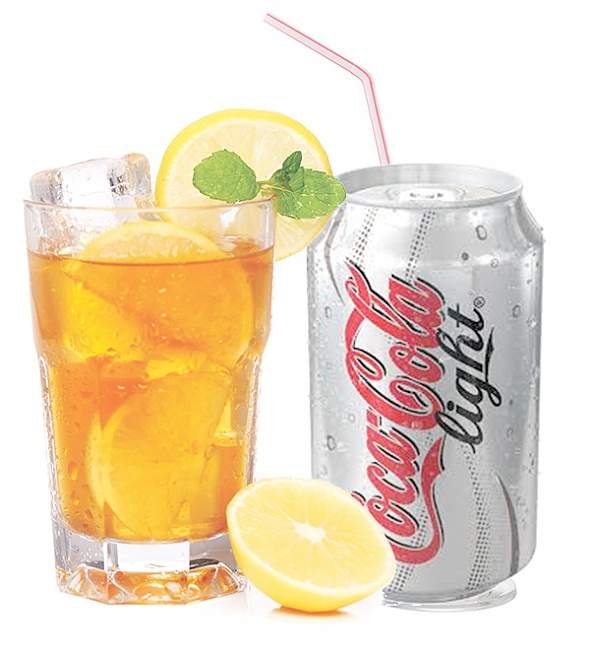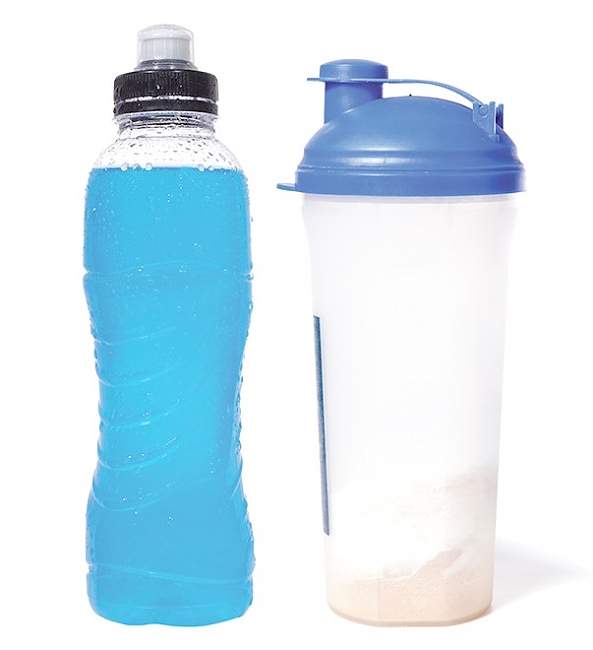
While making small changes to what you eat is important, we don’t only consume calories from what we eat, but also from what we drink.
Last week we brought you eat this, not that, to show how small changes to your breakfast, lunch and supper can save many calories. To make even more of an impact, why not focus some attention to what you drink as well. It’s no use you save some calories, only to drink them up later.
Breakfast
Don’t drink a glass of red grape juice (each 250ml serving contains 35.5 carbs, 0.5g protein, 0.5g fibre and 590 calories), try low-fat or fat- free drinking yoghurt (each 300ml serving contains 19.5 carbs, 1.5 fat, 10,5g protein, 0.0g fibre and 550 calories).
When you wake up your body has been deprived of essential amino acids for 10 hours. It is imperative that you give your body a good dose of protein, as this stops the breakdown of muscle. The drinking yoghurt has 10.5g of protein, which will add to the protein content of your breakfast meal. Both drinks have almost identical energy values, but you get more benefit from a macronutrient standpoint by drinking the yoghurt. Just be sure to check the sugar content of the low-fat or fat-free drinking yoghurt you choose.
Lunch
Don’t drink iced tea (each 300ml serving contains 27.3 carbs, 0g fat, 0g protein, 0g fibre and 444 calories) try coca cola lite or zero (each 330ml serving contains 6.6g carbs, 0g fat, 1.7g protein, 0g fibre and 132 calories).
Water is always the best beverage for slimmers, but if you’re looking for a drink to add some flavour to your meal or quench a thirst then you are just adding unnecessary kilojoules to your lunchtime meal by drinking iced tea. With almost three times less kilojoules and around four times fewer carbs, the Coca-Cola Lite or Zero is a better option in this instance.
During exercise
Don’t drink a sports drink (each 500ml serving contains 35g carbs, 0.5g fat, 0.5g protein, 0g fibre and 600 calories) , try a whey protein shake (each 300ml serving contains 3.0 carbs, 2g fat, 23g protein, 1.0g fibre and 502 calories).
Yes, consuming a protein shake after your workout is beneficial because your body acts like a sponge at this point and is able to immediately use and absorb the nutrients. But studies show that your body is just as receptive to amino acids during training as it is thereafter. By drinking a whey protein shake while you exercise you start to repair and rebuild muscle sooner. The high carb content of the energy drink will also dump a large amount of glycogen into your bloodstream, which means your body will stop tapping into fat stores for energy. This is detrimental to your efforts if you wish to lose fat and weight. The whey shake also delivers fewer kilojoules, which is important for weight loss.
*Figures used as a reference only. Nutritional information may vary between products and brands.



